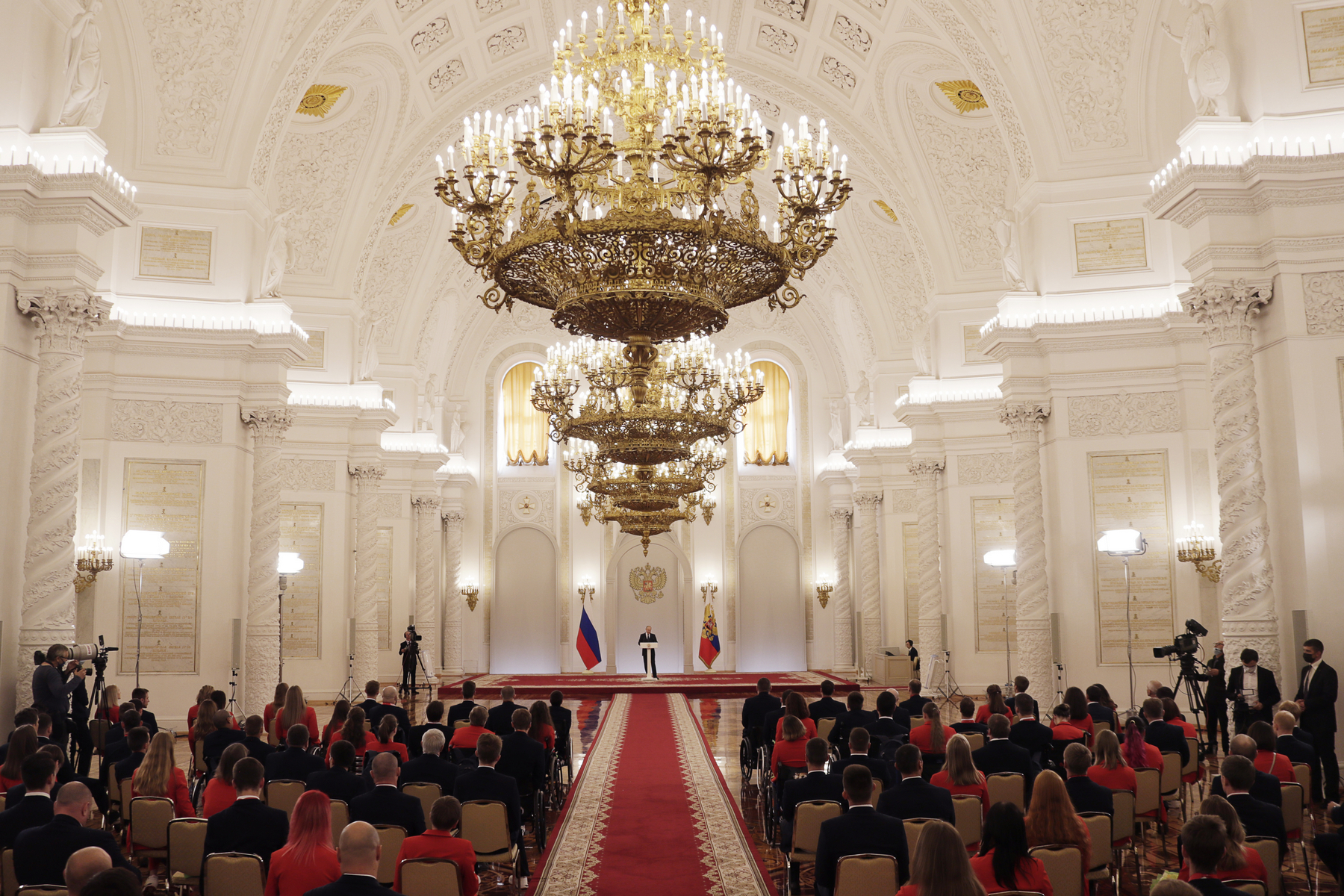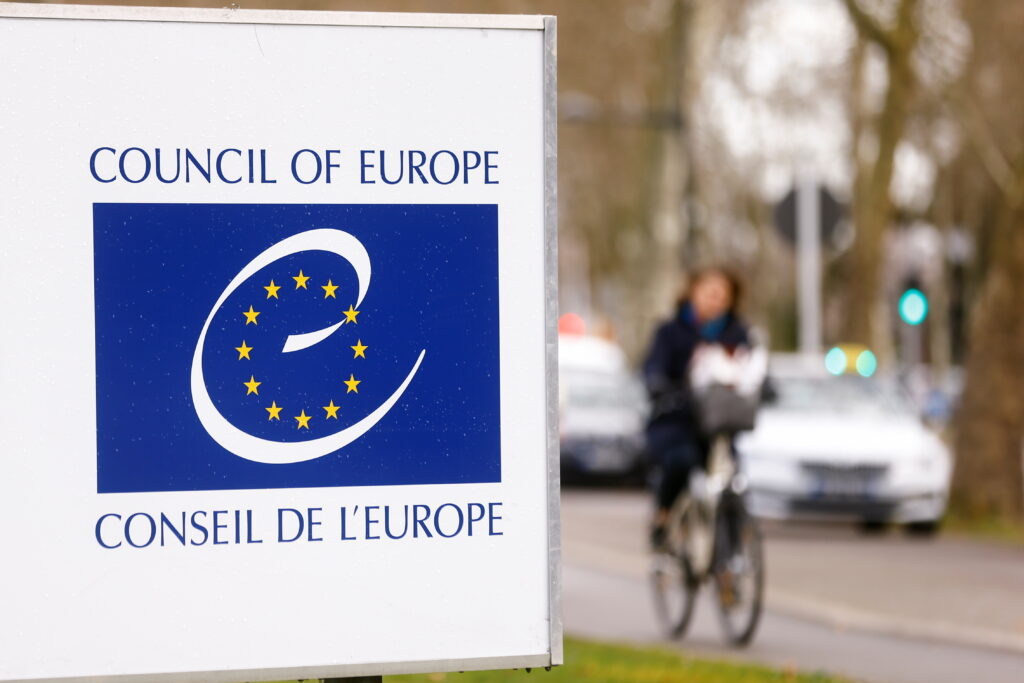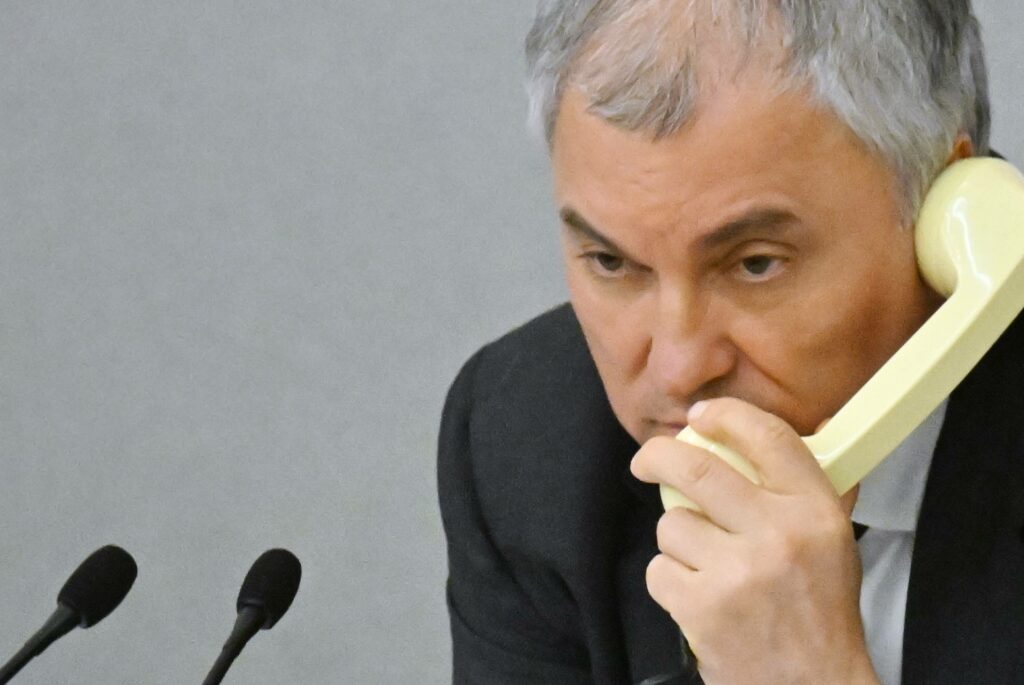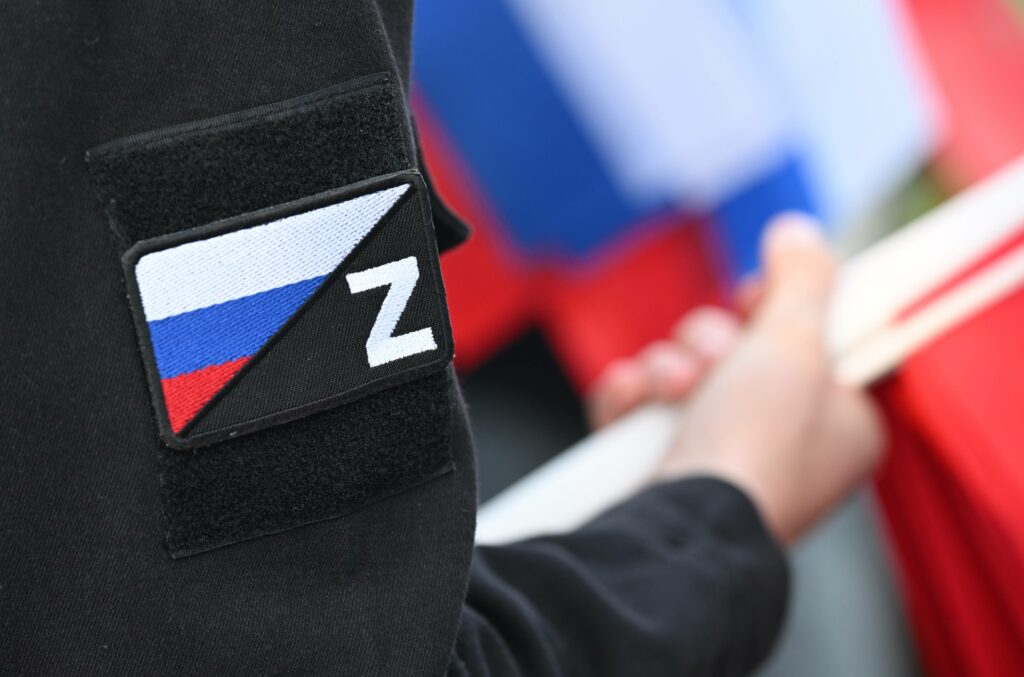The thirtieth anniversary of the collapse of the Soviet political regime marks an important occasion for reassessing the trajectory of Russia’s subsequent evolution. Contrary to many expectations, what appeared to be the arrival of a new post-Soviet democracy in Russia thirty years ago was, in fact, a painful collapse of the old authoritarian regime, followed by an even more painful emergence of post-Soviet authoritarianism.
What were the drivers of these developments and what are the mechanisms behind the formation and consolidation of post-Soviet authoritarianism in Russia? The search for the answers to this question is the focus of my new book: «Authoritarian Russia: An Escape from Freedom, or Why Democracy Fails in this Country» (original title: Авторитарная Россия: бегство от свободы, или почему у нас не приживается демократия), which was recently published by Howard Roark Publishing. The book presents my approach to an analysis of Russia’s political dynamics and focuses on the motives, interests and strategies of key political actors seeking to maximise their own power, as well as the barriers and constraints they might or might not face along the way. As my point of departure, I assume that the main goal pursued by politicians in any country (not just in Russia) is to gain and hold as much power as possible for as long as possible. Some politicians succeed in this while others do not. The latter are hindered by mass protest movements, conflicts within the elites that cannot be resolved as a zero-sum game, international influences from democratic countries and their own ideas, which sometimes contribute to their misperception of reality.
In post-Soviet Russia, however, these obstacles proved to be weak: mass public participation was limited, the conflicts within the elites in 1991, 1993, 1996 and 1999−2000 ended in a overwhelming victory for one of the parties involved, the international influence of Western countries on Russia was, and still remains, relatively modest, and the role of ideas in post-Soviet politics is certainly secondary. In the 1990s, the deep and prolonged economic decline and weakness of the Russian state after the collapse of the USSR hindered the systematic and deliberate efforts to build authoritarianism, but throughout the 2000s Russian leaders worked on «correction of errors» and managed to build new political institutions that successfully helped them to retain political power. Along the way, they managed to change the format of the Russian party system, modify the rules and mechanisms of elections, establish a hierarchy of control within the «power vertical» and subjugate the mainstream media and a significant share of non-governmental organisations. In the 2010s, despite numerous challenges, the Kremlin was able to consolidate its control mechanisms and reinforce its dominance in 2020 through constitutional amendments designed to ensure that the political status quo will be maintained in the long run.
This trajectory of political evolution was first described back in 1954, not by a scholar or analyst but by a writer. Nobel Prize laureate William Golding, in his novel Lord of the Flies, presents a classic model of emergence of an authoritarian regime on the example of a group of teenagers stranded on a desert island as a result of a disaster. The political regime on the island developed through the following stages: (1) a failed attempt to build an electoral democracy; (2) a failed attempt at informal power sharing among the most powerful players (oligarchy); (3) a takeover effected by the most brazen teenager, who drove his rivals out of the community, reshuffled the coalition of his supporters and established (4) a repressive tyranny that turned into a new disaster. In the novel, this trajectory was brought to an end through the intervention of external actors, i.e. the naval sailors who arrived on the island. In real life, however, the disaster could have lasted indefinitely. Admittedly, Golding’s characters were not doomed to tyranny because of the unfavourable circumstances: they were just ordinary teenagers, left to their own devices. For political scientists, the main lesson learnt from Lord of the Flies is that authoritarianism is the natural logical outcome of successful and arrogant politicians seeking to maximise power if their aspirations are not curbed by effective constraints. This very path of political evolution was followed by post-Soviet Russia as well as some other countries.
The aforementioned approach challenges two views that are prevalent among experts who analyse Russian politics. Those views can be summarised by the following statements: «Putin is to blame for everything» and «Russians are to blame for everything.» Those who tend to see Russia’s authoritarian trajectory primarily as a manifestation of Putin’s personal characteristics and business skills fail to consider the comparative context of the emergence of authoritarian regimes around the world (although Erdoğan in Turkey, Orbán in Hungary, or Chávez and Maduro in Venezuela operate in much the same way), and also sometimes start by contrasting the 1990s, described as the «territory of freedom» in Russia, against the 2000s, which brought creeping authoritarianism. However, many milestones that paved the way for Russian authoritarianism (above all, the constitution, which offered a lot of potential for authoritarianism) were reached already in the 1990s. Putin and his associates eagerly took advantage of them. I will venture to say that if other politicians had won the «war on the Yeltsin’s succession» against Putin in 1999−2000, Russia’s authoritarian political evolution would have been much the same, if not more dramatic. As regards the claim that Russians gravitate towards autocracy and yearn to see «strong-handed» political leaders who remain in power with no control over them, this claim is, firstly, not confirmed by opinion poll data (Russians want to elect their leaders on a competitive basis and do not support political censorship), and secondly, it does not hold in a comparative context: political values professed by Russians are not so distant from those declared by residents of many other post-communist countries. For example, Ukraine, despite all its political complexities, has managed to overcome authoritarian tendencies and build an electoral democracy, ensuring competitive elections as well as many political and civil liberties.
At present, the state of affairs in Russian home politics can be characterised as a «negative equilibrium.» While the current situation is not satisfactory for many members of the elites and ordinary Russians alike, the possible costs of fundamental political change look prohibitively high for many of them, especially for those who had high hopes for the reforms of the 1990s and were subsequently disappointed. Thus, the authorities maintain the political status quo by combining the co-optation of social groups that are dependent on the state (above all, old age pensioners and government sector workers, including the security forces), and suppression of activists, journalists and other free-thinking citizens who disagree with their policies. While Russians’ stagnant real incomes and weak prospects for economic growth challenge the sustainability of the current «negative equilibrium,» there is no reason to believe that it will be undermined in the foreseeable future without efforts to be taken by proponents of changes in the country.
What are the prospects for the further political evolution of Russian authoritarianism? While we cannot predict the future, comparative studies of authoritarian regimes around the world suggest that several trajectories are possible. First of all, Russian authoritarianism (unlike the one-party regime in China, the monarchy in Saudi Arabia or the military regime in Myanmar) is personalistic. Such regimes are extremely vulnerable when it comes to succession: cases of successful dynastic succession are very rare, and the most common mechanism leading to the collapse of such regimes is a coup d’etat and/or a military coup. Moreover, the longer the autocrats remain in power, the more likely it is that one personalistic authoritarian regime may be replaced by another if the leader dies while still in office (the recent experiences of Turkmenistan or Uzbekistan may serve as examples here).
However, if we look at the history of the democracies that are currently quite stable, we will find that even their democratisation processes were extremely difficult and accompanied by dramatic twists and authoritarian turns over many years or even decades. Therefore, the failure of the attempted post-communist democratisation in Russia after 1991 does not mean that democracy in our country is doomed to fail at all times. Nor does it suggest that subsequent attempts at democratisation (whenever they might take place) will inevitably bring a new swing towards authoritarianism in Russia or an endless cycle of conflict, crisis and violence. Of course, such scenarios are not excluded, but there is no reason to believe that Russia is doomed to them. Although decades of efforts to build authoritarianism in Russia have almost closed the «window of opportunity» for democratisation, the desire to prevent any change in the country is unlikely to be sustainable in the long term, and a window of opportunity, no matter how small, is likely to open up again for Russia in future.
Russians (as well as citizens of other countries) are quite capable of learning from their mistakes. Three decades after the collapse of the Soviet Union, Russia is much better prepared intellectually for a meaningful, purposeful and consistent construction of democracy than it was in the early 1990s (even if the political environment this today is much less favourable than three decades ago). This is why the slogan used by the participants in opposition rallies in the early 21st century, i.e. «Russia will be free!», may become the key leitmotif of the country’s political agenda in the coming decades. At present, we do not know if and when Russia will be a free country and exactly how and at what cost it will walk its path to freedom. The answers to these questions are yet to be found in the foreseeable future.









